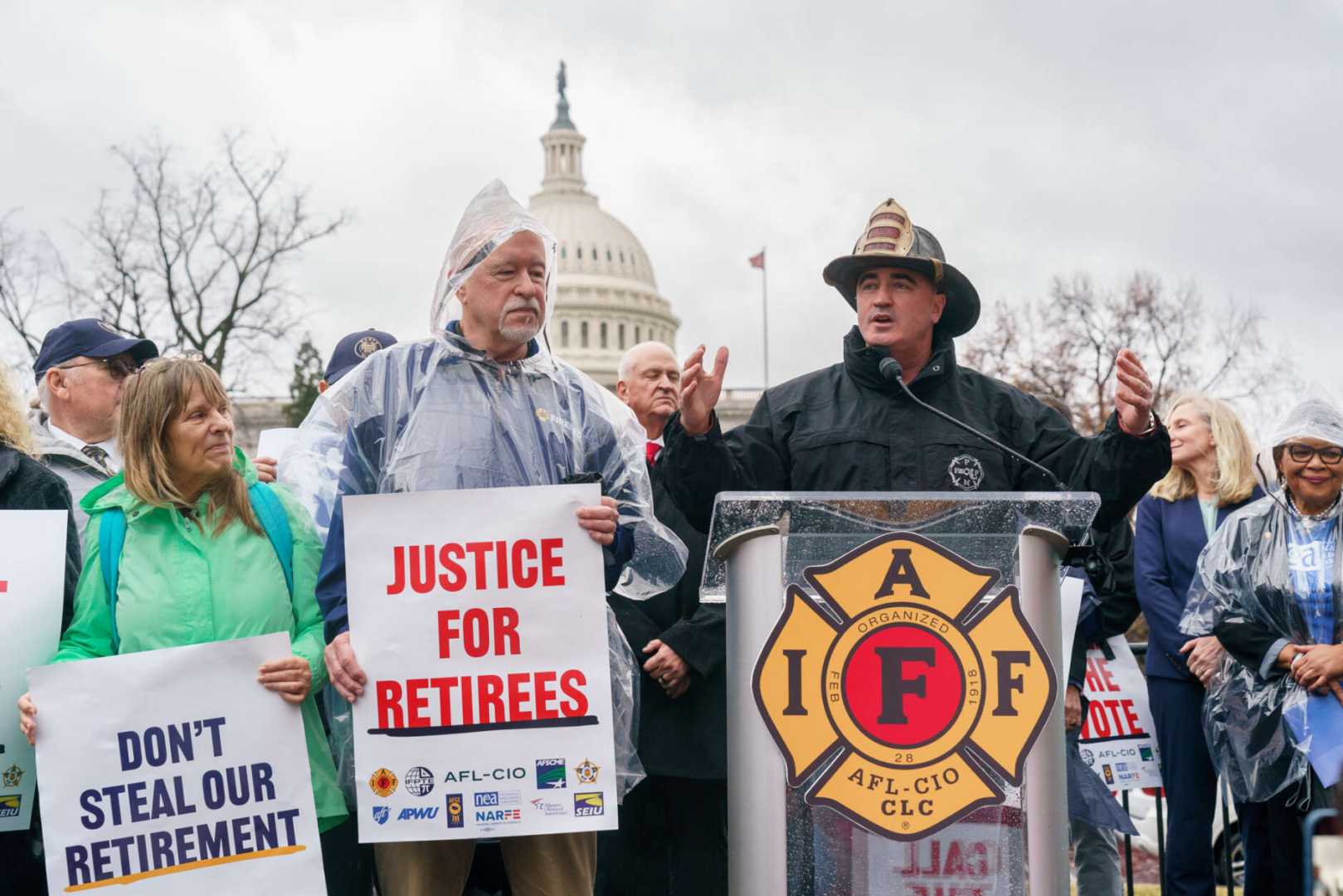News
Schumer Commits to Senate Vote on Social Security Fairness Act to Repeal Controversial Tax Provisions

Senate Majority Leader Chuck Schumer has pledged to schedule a vote on the Senate floor for the Social Security Fairness Act, a bill aimed at repealing two contentious tax provisions that affect the retirement benefits of federal workers and retirees. This commitment was made during a rally on Capitol Hill, organized by lawmakers and labor unions in support of the legislation.
The Social Security Fairness Act, also known as H.R. 82, has garnered significant bipartisan support with 63 cosponsors in the Senate, exceeding the 60 votes needed to force an up-or-down vote on the measure. The bill passed the House of Representatives last month with a substantial bipartisan vote of 327-75.
The legislation targets the windfall elimination provision (WEP) and the government pension offset (GPO), which have been criticized for reducing Social Security benefits for retired federal employees who also worked in the private sector or in government jobs where Social Security was not part of their retirement income. The WEP reduces Social Security benefits for these individuals, while the GPO cuts spousal and survivor Social Security benefits in families with retired government workers.
Despite years of broad bipartisan support, the bill has faced challenges in advancing through Congress. However, with Schumer’s commitment, there is renewed hope for its passage. Reps. Abigail Spanberger (D-Va.) and Garret Graves (R-La.), the bill’s architects in the House, emphasized the importance of correcting a long-standing injustice that has impacted public servants for decades.
“This injustice has been going on for 40 years now,” Graves said. “For 40 years, your money has been stolen, you’ve been discriminated against and this is absolutely unacceptable.” Spanberger added that the bill’s passage would be a significant step towards righting this wrong and ensuring that public servants receive the benefits they have earned.
The congressional session is set to end on January 3, making the upcoming vote a critical moment for the legislation’s future.












